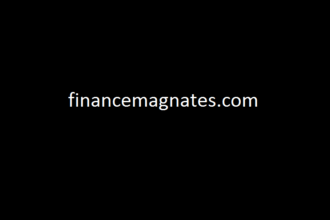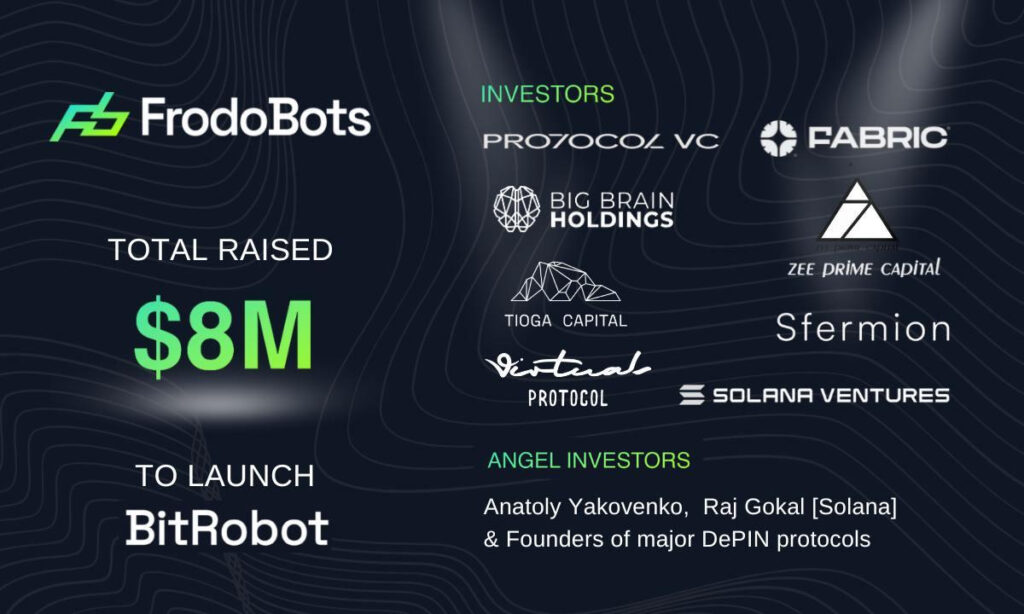This is a segment from the 0xResearch newsletter. To read full editions, subscribe.
When I interview Web3 founders, I like to ask one question: “Which thinkers in history inspire you?”
One name invariably comes up more than any other: Friedrich Hayek.
Aave’s Stani Kulechov, Base’s Jesse Powell and many more said the same.
Polymarket founder Shayne Coplan even mandates Hayek’s famous essay “The Use of Knowledge in Society” as compulsory reading for employees, according to Forbes.
I don’t know what Vitalik would say. But given his close association with many George Mason scholars — like Tyler Cowen and Robin Hanson — it wouldn’t be a stretch to consider him something of a Hayekian (George Mason is a university renowned for its Hayekian scholarship).
For the uninitiated, Hayek was a 1974 Nobel Laureate and a pioneer of the Austrian School of Economics, a school of thought closely associated with free market libertarianism and early Bitcoin thinking.
Hayek’s key insight was that markets work best when individuals can freely act on their local knowledge.
For individuals to do so requires economic certainty provided by a rule of law, a free price system, robust property rights and a profit-loss calculus that is not distorted by state regulation.
When this “recipe” of institutions is in place, the outcome is market innovation.
These ideas are consistently applied in crypto. For example:
- The idea of immutable smart contracts comes as close to having sacrosanct property rights in a rule of law. In the real world, laws are subject to constant rent-seeking pressures to change.
- Capital markets are permissionless. Anyone can write a smart contract and issue assets without approval. In the real world, regulators give approval.
- Anyone can launch an unsustainable liquidity mining campaign with their token, but the unsustainability inevitably shows up in falling prices in a free price system. In the real world, prices are distorted by regulations that benefit incumbents like tariffs.
- Ethereum’s open source culture enables the endless code-forking of protocols with incremental improvements and the composable nature of DeFi. This is closely related to Hayek’s ideas around “spontaneous orders” (and how market competition acts as a knowledge “discovery procedure”). In the real world, intellectual property laws don’t allow for this.
The institutional design of the Ethereum protocol (or any other blockchain for that matter) is the furthest thing from “communism,” where market processes are controlled from the top-down and where people are outlawed from acting on individual information.
Even Ripple cannot unilaterally inflate the total token supply of XRP. That’s the rule of law (immutable smart contracts) at work.
Ethereum critics complain that the “culture” of Ethereum is left-leaning. They point to the Ethereum Foundation or Gitcoin’s initiatives on “public goods” funding.
But these public goods are crowdsourced by private funding. No taxpayers were fleeced.
Gitcoin’s quadratic funding mechanism matches more central funds based on the amount of individual contributor funding.
That is a blatantly market-oriented idea. It’s a fundraising process that works best when markets signal they want it — plus it’s all onchain (property rights).
Contrary to popular belief, capitalism is not about unbridled greed. Neither is it against communal public goods. Both exist in all political systems.
Capitalism is a liberal archipelago. You’re free to work on Wall Street, or go live in a socialist commune.
Therein lies the beauty of the crypto industry. No one cares what your political identity is. You can be a raging Milton Friedman acolyte or a diehard 19th century Trotskyist.
But no matter which political tribe you preach, everyone has to abide by the blockchain’s rule of law.
Start your day with top crypto insights from David Canellis and Katherine Ross. Subscribe to the Empire newsletter.
Explore the growing intersection between crypto, macroeconomics, policy and finance with Ben Strack, Casey Wagner and Felix Jauvin. Subscribe to the Forward Guidance newsletter.
Get alpha directly in your inbox with the 0xResearch newsletter — market highlights, charts, degen trade ideas, governance updates, and more.
The Lightspeed newsletter is all things Solana, in your inbox, every day. Subscribe to daily Solana news from Jack Kubinec and Jeff Albus.
Blockworks: News and insights about digital assets. – Read More









